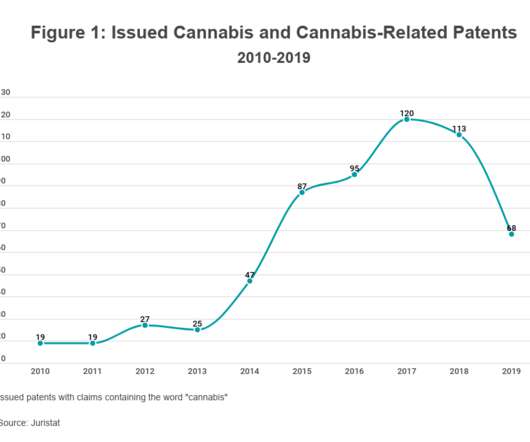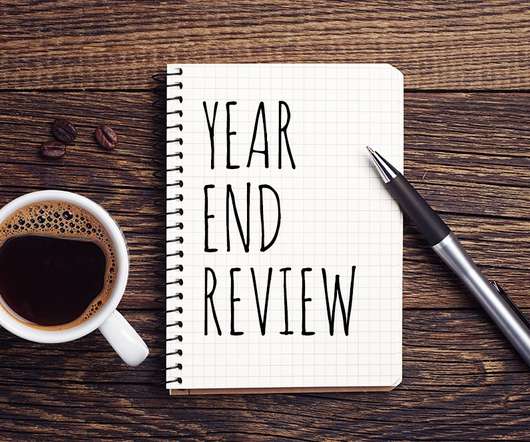IPSC Breakout 4 IP and Property/Contract Theory
43(B)log
AUGUST 9, 2024
Don’t understand contracting, mediation, adjudication as ways to maximize other variables solely. People desire that contract be in some part about human relations. 3) Use perfection form: focus on behavior of entity that can develop over time a right that is perfected through registration or recordation—trademark.












Let's personalize your content